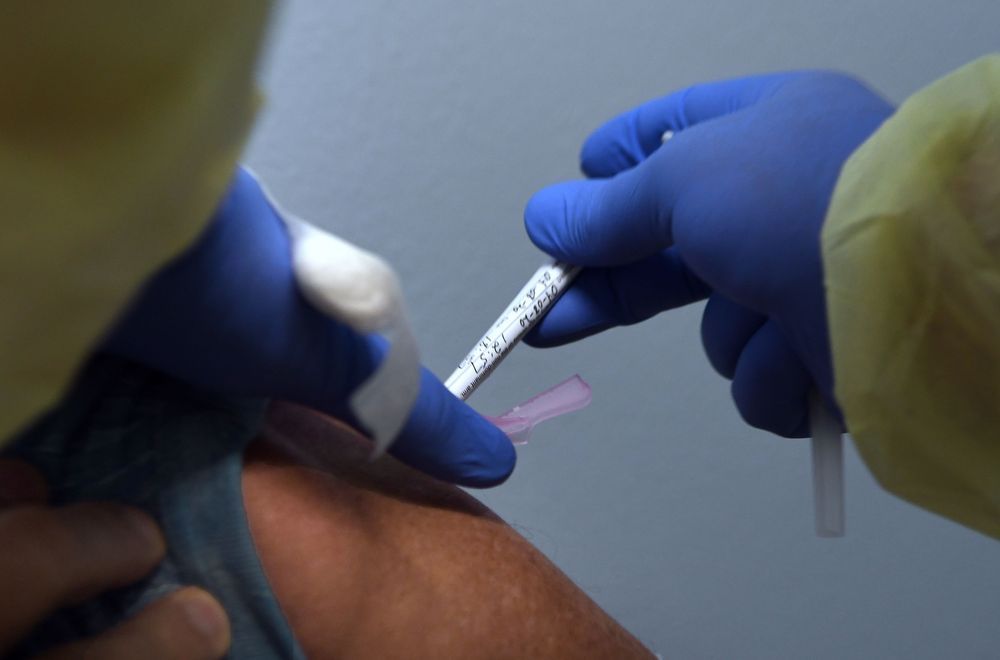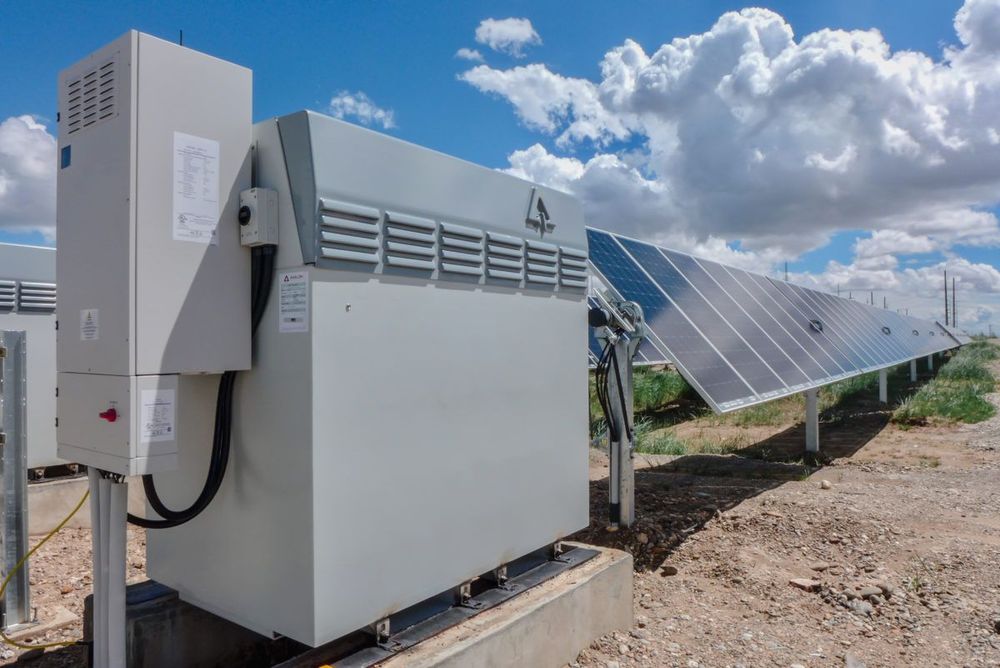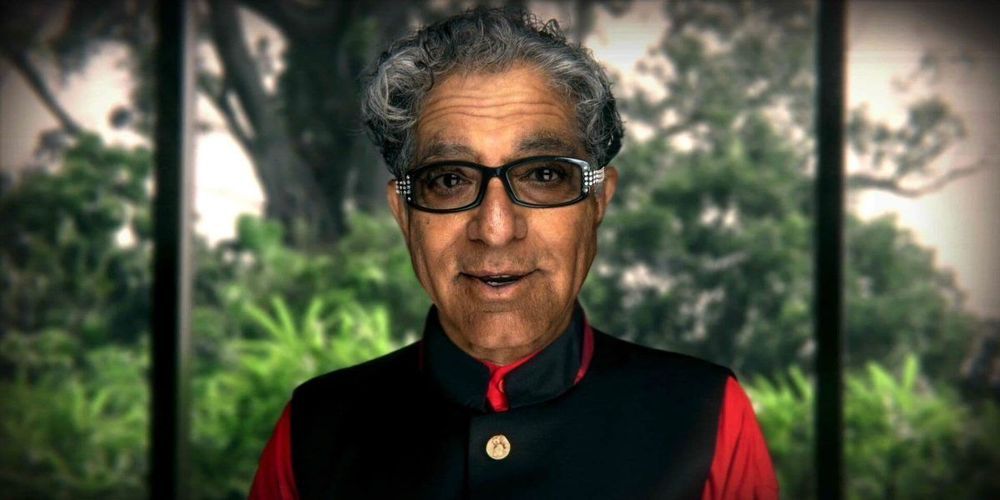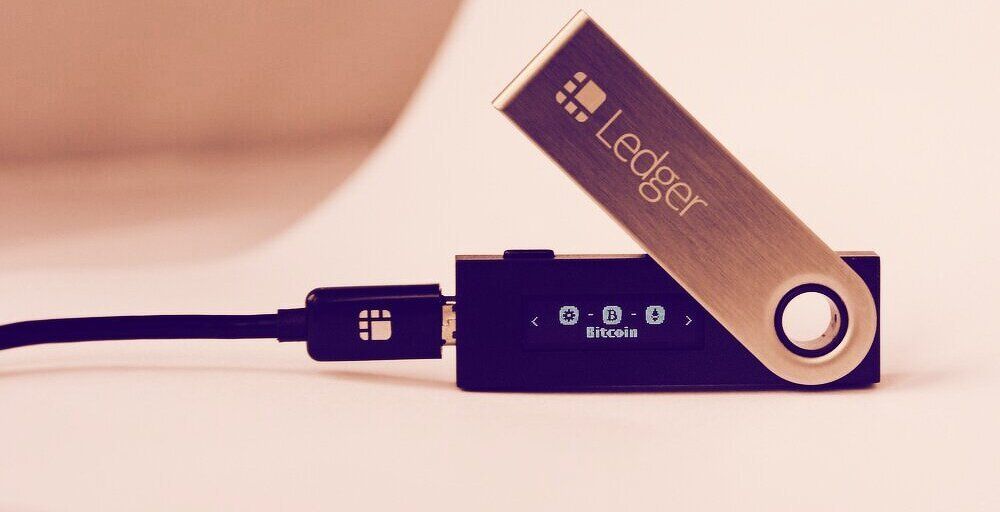Hermeus, a startup backed by venture capital, won a contract to develop an Air Force One plane that can fly at Mach 5, or hypersonic speeds.


Hermeus, a startup backed by venture capital, won a contract to develop an Air Force One plane that can fly at Mach 5, or hypersonic speeds.

Moderna is charging between $32 to $37 per dose for its coronavirus vaccine for some customers, under cheaper “pandemic pricing,” it said Wednesday.
The Cambridge, Massachusetts-based company is currently in discussion for larger volume agreements that will have a lower price, Moderna CEO Stephane Bancel said on a conference call discussing the company’s second-quarter financial results.
“We are working with governments around the world and others to ensure a vaccine is accessible regardless of ability to pay,” he said. “We’re currently in a pandemic as defined by WHO. At Moderna, like many experts, we believe the virus is not going away and there will be a need to vaccinate people or give them a boost for many years to come.”

Consumers are ending up increasingly responsive about sharing their data, as data integrity and security has turned into a developing concern. In any case, with the advent of nations teching up with facial recognition, even explorers need to truly begin thinking about what sort of data they could be reluctantly offering to nations, individuals and places.
Facial recognition innovation is a framework that is fit for identifying or confirming an individual from an advanced picture or a video frame. It works by comparing chosen facial highlights and faces inside a database. The technology is utilized in security frameworks and can be compared with different biometrics, for example, fingerprint or iris recognition frameworks. As of late, it has been grabbed and utilized as a business identification and advertising tool. The vast majority have a cell phone camera fit for recognizing features to perform exercises, for example, opening said a cell phone or making payments.
The worldwide market for facial recognition cameras and programming will be worth of an expected $7.8 billion, predicts Markets and Markets. Never again consigned to sci-fi films and books, the technology is being used in various vertical markets, from helping banks recognize clients to empowering governments to look out for criminals. Let’s look at some of the top countries adopting facial recognition technology.

Munich-based residential vanadium redox flow battery start-up VoltStorage has secured another $7 million from investors including the Bayern Kapital subsidiary of the development bank of Bavaria; family investment house Korys; the EU-backed EIT Innoenergy, New Jersey-based venture capital fund and seed investor SOSV and Zurich power company Energie 360.
The firm claims its flow battery system can complete more than 10,000 charge cycles without any effect on capacity and says its electrolyte is a recyclable, non-flammable vanadium solution. VoltStorage’s modular unit reportedly offers a continuous power rating of 1.5 kW and nominal energy of 6.2 kWh. The unit comes with a ten-year warranty.
More than 20 flow battery chemistries, including zinc-bromine, zinc-iron, zinc-cerium and magnesium-vanadium have been studied with vanadium redox the closest to wide commercialization. Vanadium, the dominant cost in the electrolyte, is a metal mined in Russia, China and South Africa although there are reserves in the U.S. and Canada. It is used predominantly as a steel additive. Flow battery manufacturers include Washington-based UET, Montana’s Vizn, California-based Primus, Japan’s Sumitomo, Anglo-Canadian Invinity Energy Systems – formed after the recent merger of California’s Avalon and U.K.-based redT – and Form Energy.

My prediction is that around the late 2030s machines will start to own assets and liabilities and through this, they will rise to the status of ‘banking clients’.
How did I arrive at this conclusion?
Step 1: Mezzanine AI
My prediction is that weak and narrow AI will slowly, gradually and smoothly mature and bend into ‘mezzanine AI’.

It’s the banking world’s version of the rich getting richer.
A record $2 trillion surge in cash hit the deposit accounts of U.S. banks since the coronavirus first struck the U.S. in January, according to FDIC data.
The wall of money flowing into banks has no precedent in history: in April alone, deposits grew by $865 billion, more than the previous record for an entire year.


Bitcoin hardware wallet maker Ledger revealed today that its e-commerce database was hacked last month, leaking 1 million emails and some personal documents. No user funds were affected by the breach.
Ledger said the attack targeted only its marketing and e-commerce database, meaning the hackers were unable to access users’ recovery phrases or private keys. All financial information—such as payment information, passwords, and funds—was similarly unaffected. The breach was unrelated to Ledger’s hardware wallets or its Ledger Live security product, the company added.
“Solely contact and order details were involved. This is mostly the email address of approximately [1 million] of our customers. Further to the investigation, we have also been able to establish that a subset of them was also exposed: first and last name, postal address phone number, and product(s) ordered,” said Ledger in its announcement.

In the first of a four-part series, we look at the changes that have propelled China’s stock market into the world’s top performer this year.
The Star Market, conceived and created within eight months, has expanded into Asia’s largest growth market after a year in operation, with 133 listed stocks valued at US$400 billion.
Dozens of China’s biggest start-ups were driven to New York over the past two decades to seek funding. Now, as US-China tensions rise, more and more of them are choosing to stay close to home.

Three professors at the University of Southampton school of medicine have this week made a “major breakthrough” in the treatment of coronavirus patients and become paper millionaires at the same time.
Almost two decades ago professors Ratko Djukanovic, Stephen Holgate and Donna Davies discovered that people with asthma and chronic lung disease lacked a protein called interferon beta, which helps fight off the common cold. They worked out that patients’ defences against viral infection could be boosted if the missing protein were replaced.
The academics created a company, Synairgen, to turn their discoveries into treatments. It floated on the stock market in 2004, but a deal with AstraZeneca to treat viral infections in asthmatics fell through, and the shares collapsed.